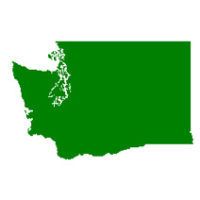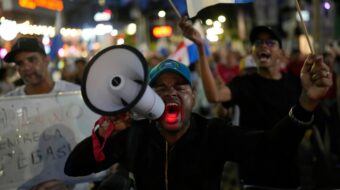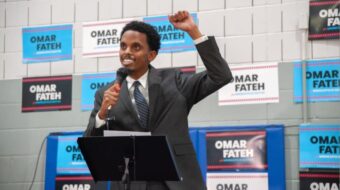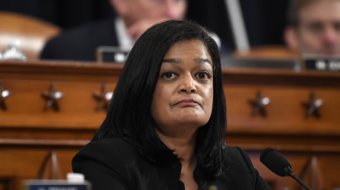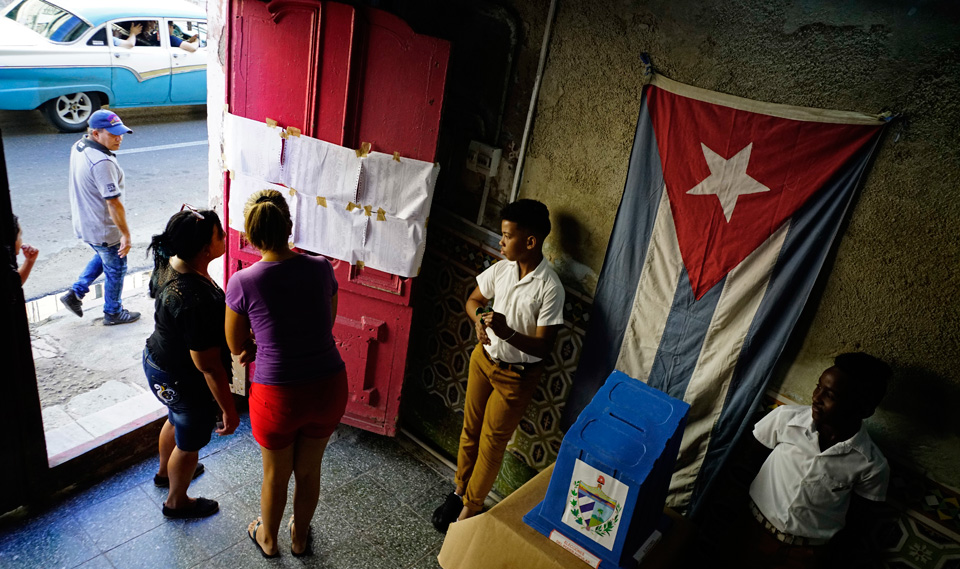
On Sunday, November 26, the first round of voting took place in Cuba’s multi-stage national election process. It will be followed by a second round in February of next year. New leadership—from bottom to top—will be determined in a country-wide, peaceful manner. Why is this important? Elections in Cuba are a product of participation, consciousness, and change.
In order to understand democracy in Cuba, it is necessary to look beyond the many misperceptions and stereotypes promoted by the U.S. media. Allegations such as dictatorship, lack of democracy, and disrespect for human rights are differences of opinion that can become an opportunity for observers to find common ground in the search for cooperation and reconciliation.
Over the course of the 19th century, the revolutionary struggle for unity between workers and ex-slaves in Cuba evolved into a heightened sense of nationhood. This tradition led to liberation from Spain (1898) and, eventually, independence from U.S. servitude on January 1, 1959. The strategy of José Martí was a crucial factor in uniting a nation emerging from U.S. corporate domination.
According to Dr. José Luis Toledo Santander, president of the Commission on Constitutional and Legal Affairs of the National Assembly of People’s Power (ANPP) and law professor at the University of Havana, “The foundation upon which the institutional organization of the Cuban State [is] the history of the Cuban nation”.
Separation of powers (executive, legislative, judicial) is a precedent established in the constitutions of Western democracies. In the case of Cuba, however, a threat of foreign intervention required that political consciousness of Marti’s philosophy of “with all and for the good of all” be the overriding strategy to maintain the revolution. The response articulated by Cuban leaders during the 1960s was to recognize the people as the source of sovereignty.
Political power depended on how to protect the gains of the nation (land reform, nationalization of property, and confiscation from embezzlers of illegal holdings). By delegating power to the people, a bond of trust was formed in which the right to vote resulted from a merging of government and the people. Subsequently, the 1976 Cuban Constitution determined there is only one power—that exercised by the people, “who will exercise it directly, or through the assemblies of People’s Power (parliament) and the bodies that derive from it” [Granma International, August 18, 2017, Part II, p.3].
Government by consensus, organized through “collective bodies,” in particular the Council of State, Council of Ministers, and ANPP, was the outcome of an extensive, nation-wide discussion in 1974-75. Seventy thousand expressions of opinion collected from the population led to modification of almost 60 articles appearing in the original draft. The new constitution was approved by 97.7 percent of eligible voters.
In periods between meetings of the assemblies of People’s Power at the municipal, provincial, and national levels, the Cuban people seek accountability through a continuous process of consultation and constructive criticism. The Cuban electoral system is based on the reality that their revolution was not imported from somewhere else. Constitutional reform in 1992 strengthened popular democracy by providing for direct election of ANPP deputies by voters. It prohibited nominations submitted on behalf of the Communist Party. It also empowered candidacy commissions—a board comprised of people in the neighborhood knowledgeable about electoral guidelines—to participate in the nomination procedure. Voter registration is automatic for all citizens 16 years and older. Citizens who are registered become electors, except for citizens in prison. Non-citizen residents don’t vote.
Cuban people are accustomed to voting. No one participates in an election or receives a ballot paper and is then told, “These are the party members for whom you have to vote.” According to law, there are no pre-conditions for running for office in Cuba, such as political connection, religious affiliation, gender, sexual preference, or party membership. Indeed, the candidacy commissions regard qualifications like leadership capability, good conduct, or personal values as indicative of a vocation for public service. The candidacy commissions are given the task of validating that the electoral process follows constitutional requirements.
Two types of elections take place in Cuba. General elections occur once every five years for People’s Power officers at the national and provincial level. Partial elections for selecting municipal officers take place every two-and-a-half years. Each candidate must receive 50 percent plus one of the votes in a secret ballot, open to public oversight. Municipalities are divided into local constituency districts otherwise referred to as precincts. There, neighbors directly nominate people by a “show of hands.” The number of nomination areas goes along with population density in each district. By law, between two and eight candidates must present themselves for election in each constituency.
The different entities of president, Council of State, Council of Ministers, and National, Provincial, or Municipal Assemblies are subject to constitutional procedures of recall for just cause. Unlike other countries, the principle of direct vote helps ensure that power in the hands of the Cuban people is the best guarantee of a transparent democracy.
To know our neighbor country requires getting the facts straight. Without adequate information, one risks falling prey to the whims of politicians here at home seeking to ward off normal bilateral relations. We would do well to consider that the foreign policy of the U.S. government regarding Cuba-U.S. relations, combined with decades of hostility, have utterly failed to divert Cuba from its quest for sovereignty and independence. However, apart from what U.S. leaders do, people on their own accord will reach out to each other with the result, perhaps, that relations will normalize, step by step.


